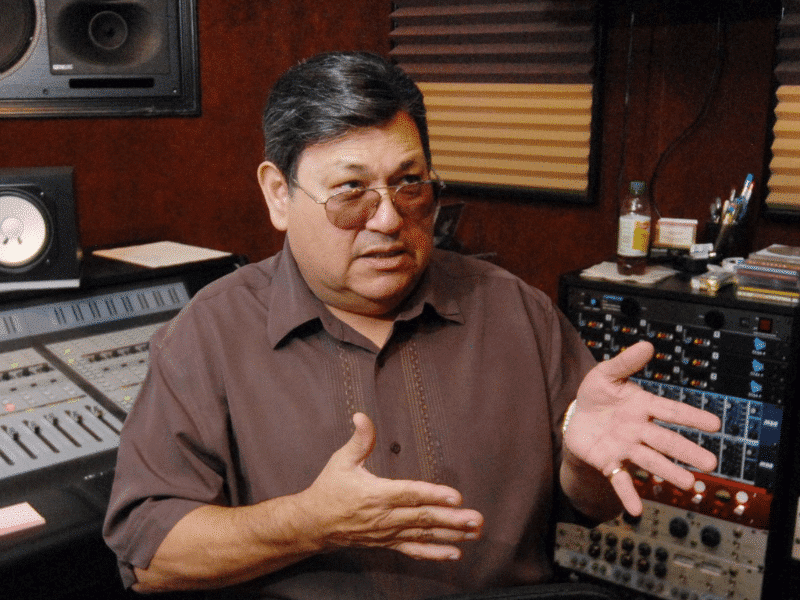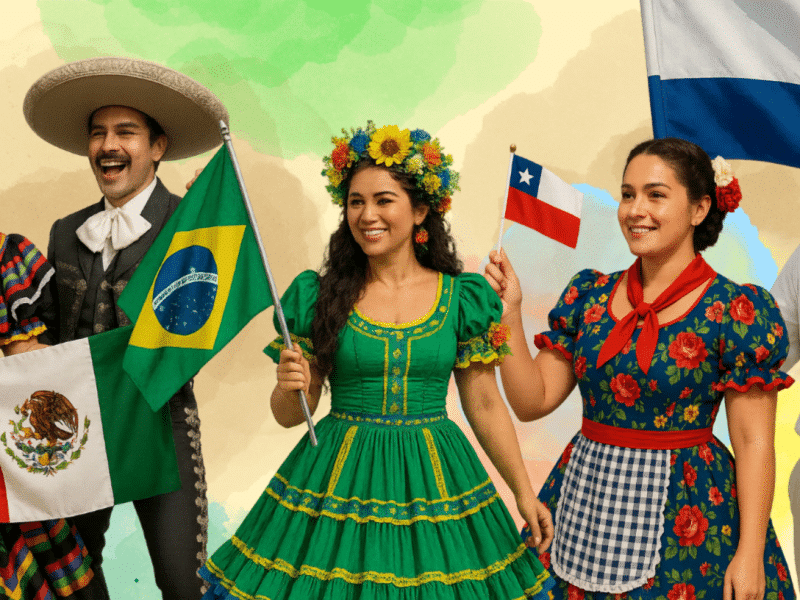What’s in a Name?
A lot of us can relate to feeling the need to make our names “easier” for others to pronounce, or maybe we just get tired of having to correct people over and over again, but how does this affect our identity as Latinos? Is a name really that important?

For fourteen years, I mispronounced my own name.
My Guatemalan mother and Spanish father gave me the name Andrea Arias, pronounced An-dray-ah A-ri-as. It took a text my women’s studies professor assigned for us to read for me to realize my subconscious assimilation. This Bridge Called My Back: Writings by Radical Women of Color, by Rosalia Morales and other feminists, changed the way I viewed myself.
I was raised in Culver City and went to schools in a predominantly white school district. While I’m sure my teachers and administrators meant well and didn’t think to ask me the correct pronunciation, they called me whatever version of Andrea they interpreted. I accepted the mispronunciations from grade school until sophomore year of college; yet at home, it felt completely natural for the music of my name to sound different.
It was around three in the morning during a late night of studying when I had the epiphany. I read a piece about a young woman’s experiences with assimilation to mask her Latina identity in the United States. This caused me to reflect on my own life. I thought I was far from assimilated because I felt I was a proud Hispanic-Latina. But I overlooked what seemed small: how I pronounced my name in spaces outside of my house or when speaking Spanish.
The next day, I asked my mother to say my name. She pronounced it the way that makes me feel beautiful and full of the Hispanic-Latina blood that keeps me alive.
I cried angry tears, frustrated that I forced myself into a box I didn’t belong in for so long without even knowing it. From that day this past spring, I’ve introduced myself with the name my parents chose for me. It was both sad and enlightening how foreign it was in my mouth at first.
The different reactions I get to this day range from “Don’t expect me to pronounce that” to “Please help me learn how to say your name.” But that’s not to say that I’m angry at those who don’t pronounce it correctly or that I feel entitled for my name to be pronounced the way it is meant to by every person I meet.
What I am saying is first and foremost, we are responsible for expressing our authentic identities now more than ever.
In a time when politicians are trying to create an atmosphere of fear surrounding immigrants, Hispanic-Latinx communities, and minorities, we are responsible for making our presence known and emphasize that we will not be erased, even if it can be scary or uncomfortable sometimes. We are responsible for respecting others’ identities by being mindful of their preferences and making our most sincere attempts to accommodate them. This is one way to help each other feel truly seen and known.
Ultimately, my intentions are not only to empower myself by feeling connected to my culture; my intentions are to also empower those close to me: my fellow Hermanas in Hermanas Unidas chapters across the state, my young Latina cousins, and friends. We should also strive to empower others to feel comfortable with who they really are, and for me, it all started with my name.



